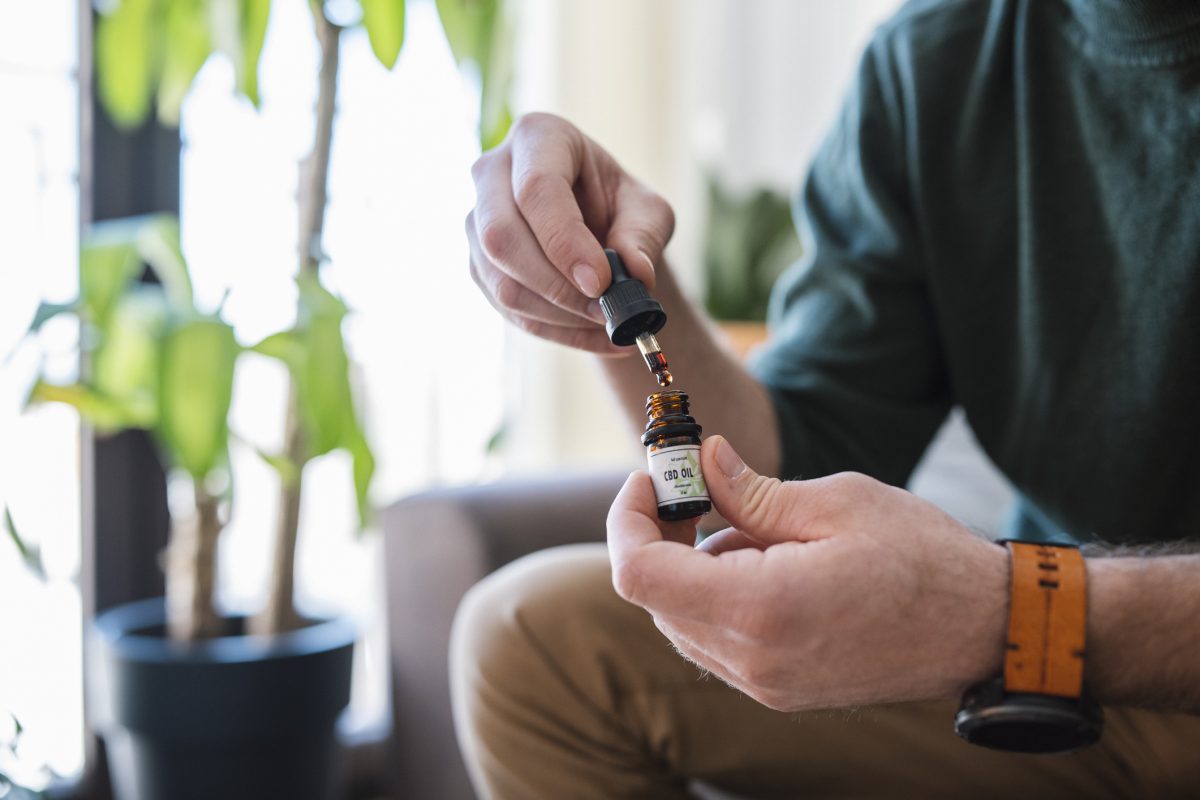In 2002, I was diagnosed with trigeminal neuralgia.
This painful condition is not the subject of this post, so let me be brief and say that it causes unpredictable jolts of electric pain through the head and jaw.
It wasn’t until 2014 that a friend told me to try CBD oil.
Marijuana? You mean pot?? That was my initial reaction. How far we’ve come.
But let me tell you, it was like a wonder drug. It eased the pain that my anti-seizure medication was unable to touch.
So, why am I here singing the praises of cannabis as medicine once again?
Because, while the federal government’s Drug Enforcement Administration (DEA) has finally re-classified medical marijuana from a highly addictive substance like heroin to a “schedule 3” drug that’s medically valuable and not nearly as addictive (Tylenol with codeine is a schedule 3 drug), there’s still stigma around using medical cannabis.
And, because current research continues to prove that medicinal cannabis can improve people’s quality of life when conventional drugs let them down…
The value of medicinal cannabis: what we already know
Over the past decade or so, study after study, as well as personal reports, have demonstrated how cannabis can help people troubled by a variety of conditions, including Lyme disease, hypertension, and chronic insomnia.
Studies have shown that CBD, the non-psychoactive part of cannabis (it doesn’t make you “high”), is able to kill antibiotic-resistant bacteria.
And CBD can help quell the pain of arthritis and other conditions where people usually turn to dangerous NSAIDs for relief.
Now, an Australian study again confirms the power of medicinal cannabis to improve quality of life safely.
Improves health-related quality of life for up to a year
Since 2016, more than a million Australians with chronic health conditions have been prescribed medical cannabis.
A group of researchers from Australian medical schools set out to assess overall health-related quality of life (HRQL) in a sample of patients who were prescribed medicinal cannabis oil.
They wanted to see whether patient-reported improvements after three months in levels of pain, anxiety, and depression, as well as improvements in sleep and motor function, would be maintained after a year.
Their findings revealed that, among the more than 2,300 participants, improvements in HRQL, as well as a reduction in fatigue and sleep disturbances, were maintained throughout the 12-month period.
The improvements were deemed both statistically significant and clinically meaningful.
Even without a control group that would have enabled them to attribute these results directly to medical cannabis, the study authors are confident that medicinal cannabis may improve overall quality of life and help relieve depression, insomnia, fatigue and anxiety.
They add, “This is promising news for patients who are not responding to conventional medicines for these conditions.”
If you want to try medical cannabis
Facilities that sell medical cannabis are commonly known as dispensaries. In the US, cannabis dispensaries generally do not require a prescription in states where recreational cannabis is legal. For medical cannabis, a healthcare professional’s recommendation or certification is usually needed, not a prescription.
Shops selling CBD oil and edibles are legal in the US, but owners must adhere to certain regulations. The 2018 Farm Bill legalized hemp-derived CBD products (containing less than 0.3% THC) at the federal level. However, individual states can have their own laws regarding CBD, including its sale and use.
It’s not known if the hemp-derived products, like CBD oil, would impact quality of life as well as medicinal cannabis oil, which contains varying levels of THC (usually higher than what’s in CBD oil).
But I can testify to how much CBD oil helped my trigeminal neuralgia pain. I have also read that CBD oil and edibles help some people with pain relief, anxiety reduction, improved sleep, and potentially even support certain mental health conditions.
If you have a condition that is weighing down the quality of your life, despite medical treatment, medicinal cannabis or other easily accessible products, like CBD oil, could help. There is a lot of scientific evidence of their efficacy and safety, but if you are taking other medications, it is best to consult your doctor.
However, some CBD products have been found to have higher levels of THC than indicated on the label, so be sure you plan to be home for an extended period when you try a product for the first time.
Sources:
Medicinal cannabis is linked to long-term benefits in health-related quality of life — Eureka Alert
Improvements in health-related quality of life are maintained long-term in patients prescribed medicinal cannabis in Australia: The QUEST Initiative 12-month follow-up observational study — PLOS One
Read full article here




